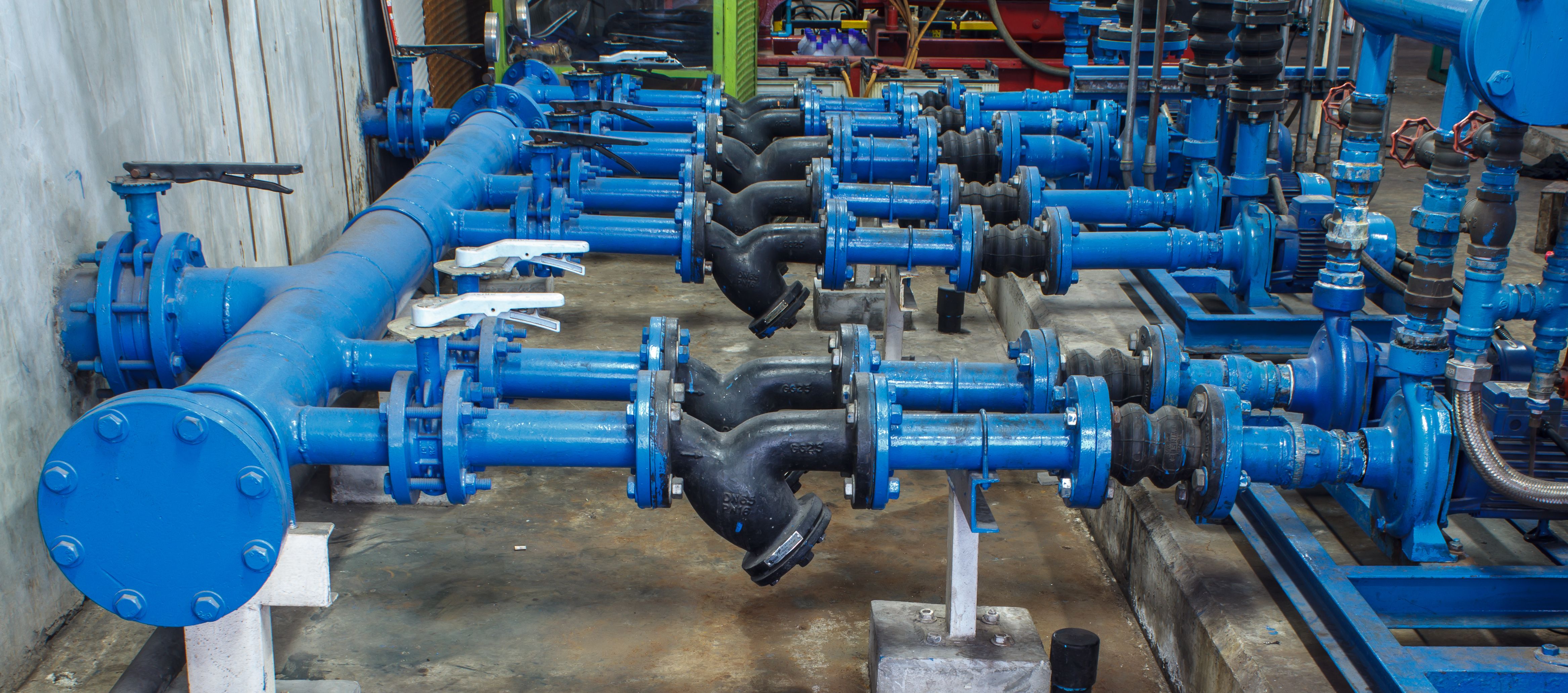The Honourable Bernadette Jordan, Minister of Rural Economic Development, announced funding for essential upgrades to water and wastewater management systems in Meadow Lake, Saskatchewan.
For residents of the east side of Meadow Lake, flooding is becoming an increasingly serious issue due to its geography and climate change. This puts extreme pressure on the more than 50-year-old sewer pipes, which run alongside the drinking water mains. Especially during spring thaws, large volumes of storm water create a high risk of ruptures that can leak contaminated water into the drinking water system.
“Taking concrete steps to adapt to the impacts of climate change is more and more essential to ensuring a safe prosperous future for our kids and grandkids,” said the Honourable Bernadette Jordan, Minister of Rural Economic Development. “This work will help keep people’s drinking water clean, make sure they have uninterrupted access to essential services, and greatly reduce the costs of flood recovery.”
This project will allow the community to replace all of its common trench sewer and water pipes. The city will also relocate its existing sewage lagoon to outside the city limits. This move will help protect Backwater Creek, which sits behind the existing lagoon and links to Meadow Lake, from the risk of raw sewage overflow in times of heavy flooding. This move will also help keep Meadow Lake clean, which is the raw water source for the local water treatment plant.
Once completed, this work will increase the community’s resilience to flooding and better protect up to 5,344 people. It will also reduce the number of residents who go without essential services during these incidents and cut long-term economic recovery costs.
The Government of Canada is contributing $8 million to this project through the Disaster Mitigation and Adaptation Fund (DMAF). The DMAF is a $2-billion, 10-year program to help communities build the infrastructure they need to better withstand natural hazards such as floods, wildfires, earthquakes, and droughts.
DMAF is part of the federal government’s Investing in Canada infrastructure plan, which is providing more than $180 billion over 12 years for public transit projects, green infrastructure, social infrastructure, trade and transportation routes, and rural and northern communities.









